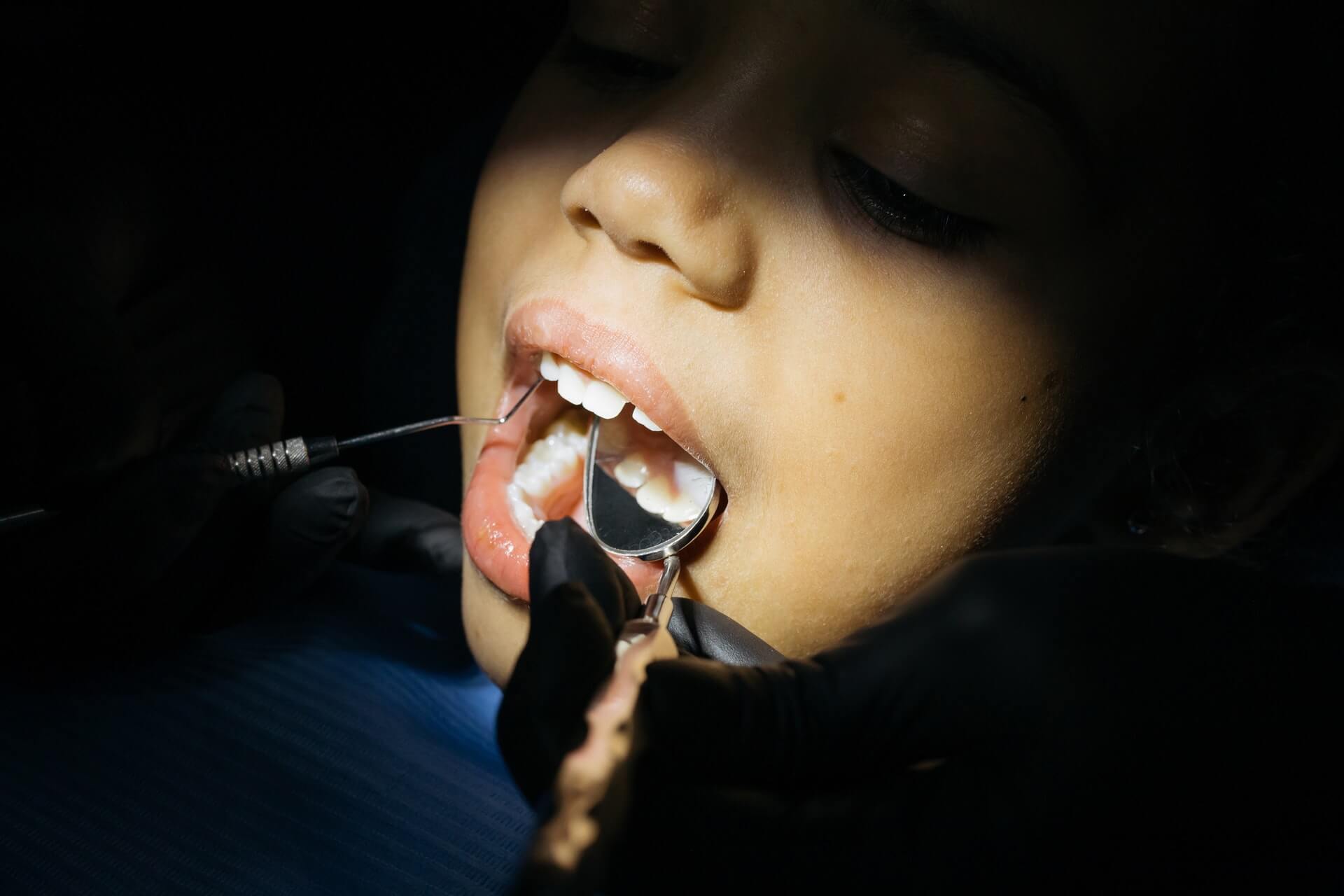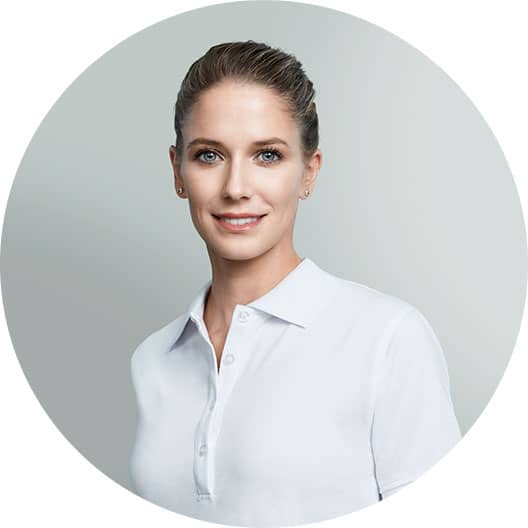
The History of Dental Medicine in Zurich
The beginnings of dentistry in Zurich
The origins of professional dental medicine are closely linked to the excesses of industrialization in the 19th century. More specifically, with the spread of sugar.
At the beginning of the century before that, the foundations were laid for the industrial production of sweeteners. Just a few decades later, industrial production turned sugar into an item for the masses and it was increasingly used in everyday life. Between 1800 and 1900, for example, the per capita consumption of sugar in Great Britain quadrupled from 10 to 40 kg.
The increased consumption of sweeteners, however, had its price: tooth decay and toothache quickly spread to all parts of the population.
Due to the massive expansion of dental suffering in the wake of the economic boom, professional dental treatments developed in the last third of the 19th century. The demand for these procedures grew rapidly.
Thus, in 1886, the Association of Swiss Dentists was founded. This was the first medical professional association to join forces on a national level. Its members were, in great majority, doctors of human medicine who wanted to specialize in dental diseases.
Two years later, in 1888, there was a fundamental revolution in the field: a new federal law concerning the free movement of medical personnel in the Swiss Confederation put dentists on an equal footing with other scientific, medical professions. This laid the foundation for the professionalization of dentistry.
The dental school founded in Zurich in 1895 was the first institution to offer a course of study leading to a doctorate in the area, starting in 1902.
Socio-political significance of caries
In the second half of the 20th century, the Society of Dentists vehemently fought the “nationalization” of dentistry for political reasons. To this day, dentistry is the only medical profession in Switzerland whose services are not covered by compulsory health insurance.
The dentist is considered an expert whose duties include to help the patient with the prevention of dental diseases. On the other hand, the patient himself is responsible for taking care of his dental health and protect it from harmful effects.
After the II World War, the world experienced an increase in the consumption of sugar. At that time, the SSO (Swiss Dental Association) conducted campaigns on dental prophylaxis. For a long time, it was believed that the SSO was associated with the opinion of “cultural pessimism”, which advocated the ideology that excessive sugar consumption leads to a decline in values and a lack of progress in Western society.
The benefits of basic insurance are limited
Unfortunately, the basic insurance in Switzerland covers dental services within a very narrow framework. Only dental problems caused “through no fault of their own” are covered. The health insurance law specifies unavoidable diseases of the masticatory system for this purpose. For example, dental damage caused by other illnesses, such as side effects of medication. If accident insurance does not cover it, problems after accidents are also covered under the KVG.
There are voluntary supplemental insurance policies that cover other treatment costs. However, the majority of private households in Switzerland need to pay for dental treatments out of their own pockets. The canton of Zurich offers free annual dental checkups for adolescents and children in specially established school dental clinics.
In any case, whether you have insurance that covers dental treatments or not, it’s better to be safe than sorry. People in the 19th century had an excuse, but now, with all the information you have on your hands, you can make smarter choices for your dental health.
However, if you still need a dentist or an orthodontic treatment in Zurich, give us a call. We will be happy to help you.
Sources
https://www.economiesuisse.ch/de/dossier-politik/die-zahnmedizinische-versorgung-der-schweiz
https://www.unibas.ch/de/Aktuell/Uni-Nova/Uni-Nova-120/Uni-Nova-120-Apollonia.html
https://serval.unil.ch/resource/serval:BIB_AD34EF6F363D.P001/REF
https://de.wikipedia.org/wiki/Zucker#Beginn_der_industriellen_Herstellung_von_Zucker_aus_R%C3%BCben_%E2%80%93_Zuckerindustrie
http://docplayer.org/14245715-Sechs-kapitel-der-geschichte-zahnmedizin-und-des-zahnarztberufes-in-der-schweiz.html
https://www.e-periodica.ch/cntmng?pid=tra-001:2008:2::202

Dr. med. dent. Barbara Scheiner
Dr. med. dent. Barbara Scheiner, specialist in orthodontics (CH), successfully completed her doctorate in Zurich in 2013. She has fulfilled her dream of many years. Through the university specialist training also in Zurich, she specialized as an orthodontist and has been certified since 2017 after successfully passing the exam as a “Specialist in Orthodontics Switzerland”.
She has been the owner of the practice We Love Smiles Orthodontics Zurich AG since 2018. She applies her knowledge successfully and with great dedication in her practice. Her specialty is correcting the position of teeth in children and adults.
Customer satisfaction and professionalism always come first. She is extremely careful and gentle, so that even the smallest patients feel comfortable with her.
